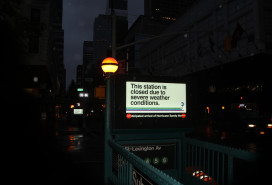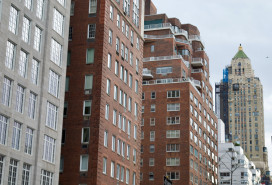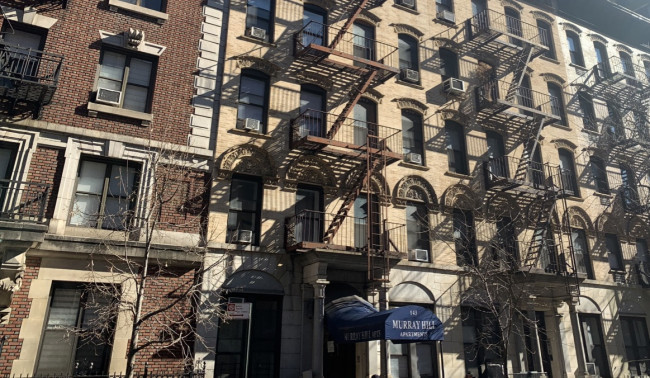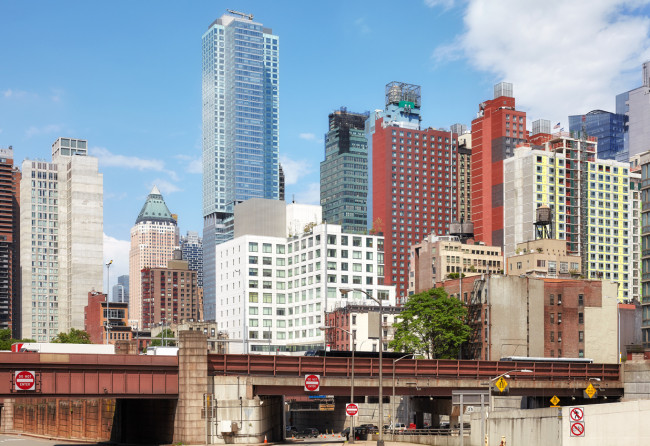How can our condo building pay for capital improvements?
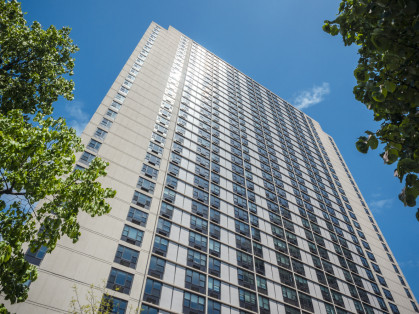
Posting these signs will become a legal requirement for approximately 40,000 large buildings across the city starting on October 31st.
iStock
Your condo building has a number of options for funding the cost of major repairs, our experts say.
Infrastructure problems are a bigger concern than ever in the wake of the condo tower collapse in Surfside, Florida last year. In fact Fannie Mae issued new guidance that prevents borrowers from buying in buildings with low reserve funds to pay for structural repairs. Other lenders are expected to enact similar rules, which is expected to broadly impact sales to condo buyers who need financing.
Often when a condo building needs to make major improvements, the board opts for a special, temporary assessment, but this can put pressure on owners to come up with additional money in a short time period, so you may want to look into other ways to fund infrastructure repairs.
Jeffrey Reich, a partner in the law firm of Schwartz Sladkus Reich Greenberg Atlas, explains some of the options. Condo buildings "can use reserve fund money if sufficient funds exists; they can build the cost of capital work into the monthly common charges, time permitting; or the condominium can obtain a capital improvement loan."
Increasing common charges in order to build a reserve fund may be easier to budget for than a special assessment "but even a larger fund doesn’t always cover major repairs," says Deanna Kory, a broker with Corcoran. "Significant infrastructure problems often exceed large reserve funds and condos do not want to deplete reserve funds."
Another option is for the condo to take out a loan.
Obtaining a loan requires a supermajority of owners to consent, and the condo's right to assess and collect common charges is used as collateral.
And legally speaking, Real Property Law Section 339-jj permits a condominium board to borrow money on behalf of the unit owners, says Steven Wagner, a co-op and condo attorney at Wagner, Berkow & Brandt (FYI, a Brick sponsor).
These loans may be preferable to special assessments for many condo owners.
"Special assessments are not a popular choice for residents, and in this economic time can be a hardship to residents," says Harley Seligman, senior vice president at National Cooperative Bank (FYI, a Brick sponsor). "A condominium or homeowners association can obtain a loan to make capital improvements and spread the cost over 10 to 15 years."
There are different types of loans that might be appropriate to fund the cost of addressing your building's infrastructure problems, Seligman explains. The right loan for your building depends on the nature of the work being done and the repayment schedule that's best suited to owners.
These loans, Seligman says, are a way of funding capital improvements without resorting to a large, one-time special assessment—which could run into the tens of thousands per unit—and instead allow costs to be spread out over a longer period of time, putting less of a burden on condo owners.
Working with a bank that specializes in these kinds of loans is essential, Seligman says.
"Borrowing allows boards to immediately secure the funding they need to make large repairs—no waiting for months or years to properly fund reserves, or issuing costly special assessments to homeowners who already feel they’re paying too much," he says.
Trouble at home? Get your NYC apartment-dweller questions answered by an expert. Send your questions to experts@brickunderground.com.
For more Ask an Expert questions and answers, click here.
You Might Also Like
Sign Up for our Boards & Buildings Newsletter (Coming Soon!)
Thank you for your interest in our newsletter. You have been successfully added to our mailing list and will receive it when it becomes available.

